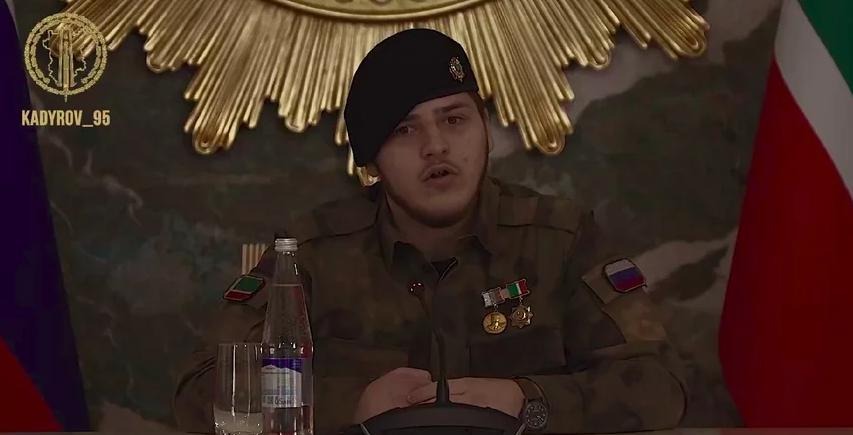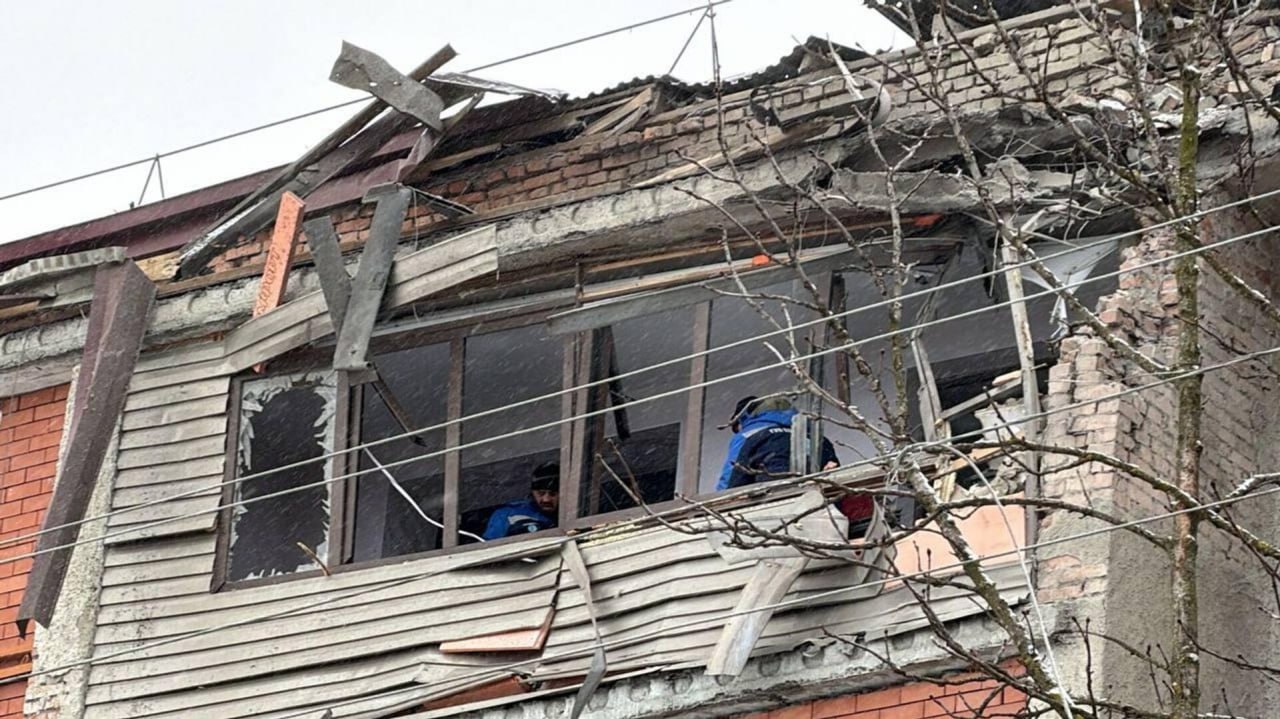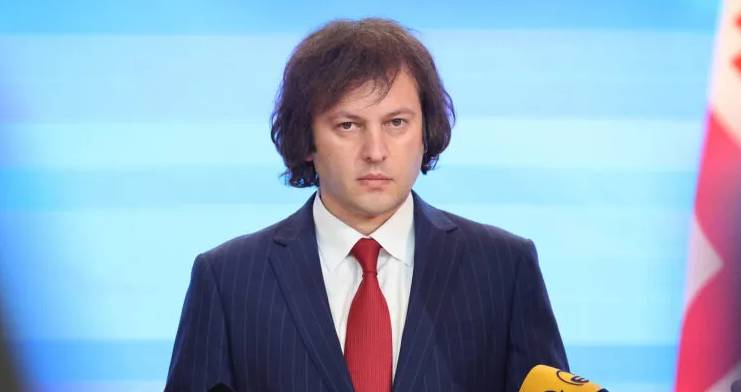Two days after media and Telegram channel reports of an accident involving the son of Chechen leader Adam Kadyrov, official sources have provided no information on the matter.
The administrative court of Paris partially satisfied the complaint of a Chechen refugee who challenged the decision of the French Ministry of Internal Affairs to deport him to Russia.
In the court decision published on the court’s website, only the applicant’s initials are indicated – K.A. and the name of his representative Mr. Shavkhalov. They asked to cancel the previous decisions of the French Ministry of Internal Affairs on the house arrest of K.A. in the commune of Orleans and about his deportation to Russia.
Having listened to the public rapporteur and representatives of the ministers of internal and foreign affairs, having studied documents, in particular, summonses and evidence from residents of Chechnya that police officers were coming to A.K.’s relatives looking for him, the court ruled that the applicant cannot be deported to Russia, where he may face torture and death. The rest of the complaint was dismissed. Thus, A.K. must remain under house arrest for another 3 months, during which officials of the Ministry of Internal Affairs and the Ministry of Foreign Affairs must organize his deportation to another country.
The reasoning part of the court decision states that K.A., a Russian citizen of Chechen origin born in 1981, entered France in June 2007, received refugee status, but was deprived of it in 2015 because he continued to travel on a Russian passport, including including trips to Russia. On October 21, 2020, the French Minister of the Interior decided to deport him to Russia. The European Court of Human Rights, in accordance with Article 39 of the Rules, ensured that the deportation proceedings were stopped. On January 29, 2021, K. A. was placed under house arrest in the commune of Orleans and since then has continued to challenge the decision of the Ministry of Internal Affairs against him.
The applicant stated that he had been living in France for 15 years, was married to a fellow refugee and had five children, two of whom were born on French territory. However, from the “white notes” (as intelligence services data are called, where the source is not indicated) it follows that K.A. “lives in a highly radicalized environment and, since his arrival in France in 2007, has created an important network within the jihadist movement, meeting several people known for their radical positions.” He sought to play an active role in supporting international jihad in the Loire department. In particular, according to the Ministry of Internal Affairs, in 2013 he raised funds to finance Chechen jihadist militants operating in the Syrian-Iraqi region, and looked for smugglers in Turkey who could transport cargo to the Syrian-Iraqi region, for which at least visited Turkey once.
In addition, three children of K. A. received complaints from public services to the Orléans prosecutor's office in connection with various incidents in which they acted as adherents of radical Islam. Under house arrest K.A. was placed in connection with suspicions that in 2010 he visited Pakistan, where he underwent military training.
According to human rights activists, France is increasingly stricter towards Chechen refugees. Dozens of them were deported to Russia, despite the risk of being subjected to illegal persecution, torture and execution. The attitude of the French authorities towards Chechen refugees changed after the terrorist attacks on the Charlie Hebdo magazine and the Bataclan center in 2015, clashes between immigrants from Chechnya and North Africa in Dijon and the murder of teacher Samuel Paty in a Paris suburb in 2020. He was beheaded by a man from Chechnya for showing his students caricatures of the Prophet Muhammad from Charlie Hebdo magazine during a lesson on freedom of speech. After this, as French human rights activists note, the French authorities began to deport to their homeland in Chechnya not only criminals or those suspected of having connections with terrorists, but also those who failed to obtain refugee status.
On May 29, 2021, three French human rights organizations Amnesty France, the League of Human Rights and Comite Tchetchenie issued a joint statement calling on the country's authorities to stop the deportation of Chechen refugees to Russia. “The French authorities are deliberately violating international and European rules, which categorically prohibit the return of a person to a country where he risks torture or ill-treatment,” they said.



